5 Eco-Protection Startups to Watch in 2023
According to the scientists from the European Union’s Copernicus Climate Change Service, the eight hottest years on record have taken place since 2014.
Hotter temperatures have a ripple effect across the globe. From rising sea levels to more frequent and intense hurricanes, longer wildfire seasons, and more droughts and heat waves, there’s no question about it: climate change impacts us all.
In this article, we’ll explore 5 eco-protection startups working to mitigate the climate crisis.
Jump to . . .
- What are Eco-protection Startups?
- Why are Eco-protection Startups Important?
- 5 Eco-protection Startups to Watch in 2023
- ZeroAvia
- Form Energy
- AMP Robotics
- FreeWire
- H2Pro
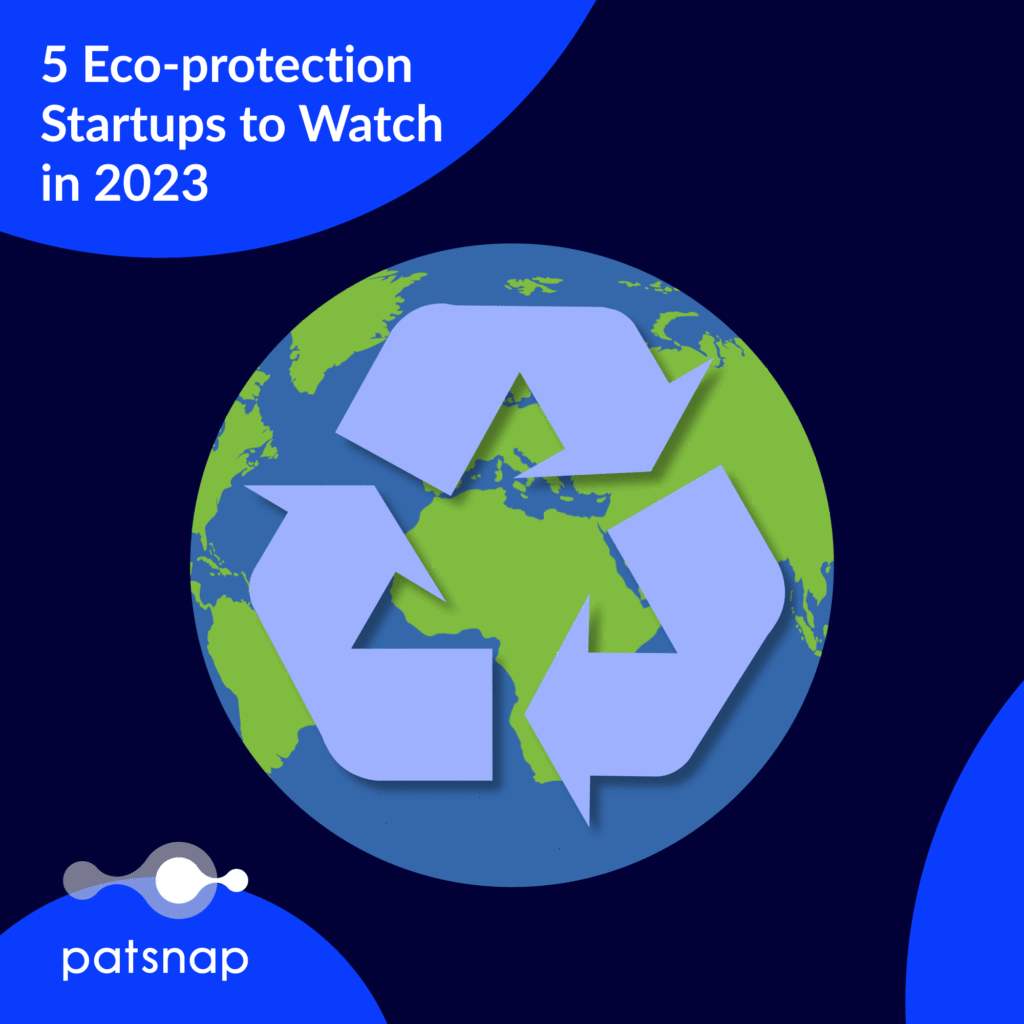
What are Eco-protection Startups?
Eco-protection startups are innovative ventures working on solutions to address environmental challenges, including renewable energy, waste management, sustainable agriculture, green transportation, and more. They aim to create positive environmental impacts while remaining financially viable.
Why are Eco-protection Startups Important?
Eco-protection startups are essential for a multitude of reasons, as they play a pivotal role in addressing critical environmental challenges, promoting sustainability, driving innovation, and inspiring positive change across various sectors. By focusing on developing environmentally friendly solutions, these startups can:
- Address environmental challenges
- Promote sustainability
- Drive green innovation
- Create green jobs
- Advocate for policy change
- Support global Sustainable Development Goals
- Mitigate climate change
5 Eco-protection Startups to Watch in 2023
1.) ZeroAvia
ZeroAvia, a pioneering aviation company, emerged in 2017 as the brainchild of Val Miftakhov, who also founded the electric vehicle battery startup eMotorWerks. As a licensed pilot, Miftakhov seized the opportunity to merge his passion for flying airplanes with his vision of electrification, ushering in a revolutionary era for commercial transportation.
ZeroAvia’s mission took shape as a responsible steward of the environment, aiming to introduce hydrogen-powered aircraft to the market. This disruptive hydrogen-electric powertrain technology was designed to significantly reduce carbon emissions, minimize noise pollution, and simultaneously lower fuel and maintenance costs for airlines.
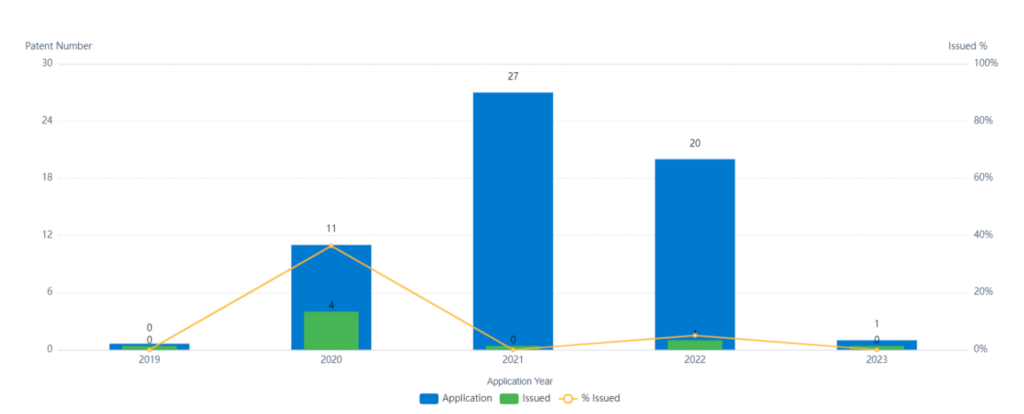
In collaboration with the European Marine Energy Centre (EMEC), ZeroAvia embarked on the ambitious HyFlyer I project, where EMEC supplied the necessary fueling systems and airport infrastructure for test flights. The success of this endeavor paved the way for the even more promising HyFlyer II project, poised to carry more passengers and cover distances of up to 500 miles. Their ambitious goal is to accommodate up to 100 passengers and achieve flights spanning over 1,000 miles by 2030.
With consumer preferences shifting towards sustainable travel options and the airline industry still reeling from the impact of the COVID-19 pandemic, ZeroAvia recognizes the urgent need for carbon-free transportation alternatives. An essential step towards this future was a partnership with British Airways, aiming to help the renowned airline achieve its net-zero emissions goal by 2050.
ZeroAvia secured $21.4 million in series A funding, bolstered by an additional $16.3 million in grant funds from the UK government’s Aerospace Technology Institute (ATI). To date, ZeroAvia has raised $49.7 million, solidifying its commitment to bring hydrogen fuel cells to the market this year.
2.) Form Energy
Form Energy is an innovative company focused on developing and commercializing a low-cost battery system that stores wind and solar energy for extended periods.
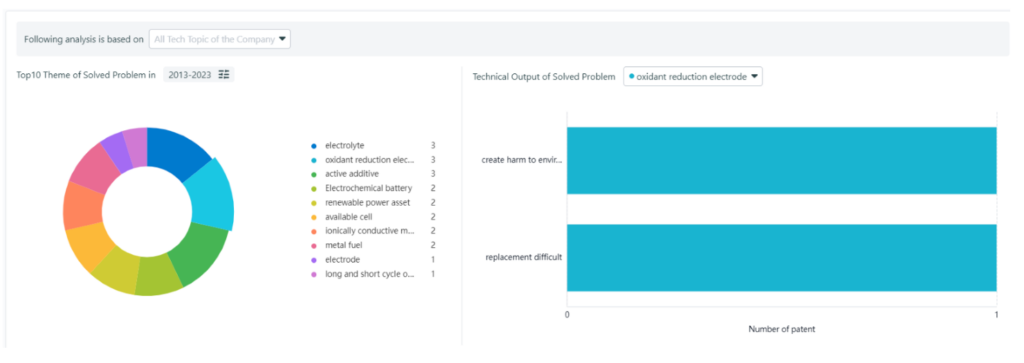
The company’s goal is to make batteries capable of dispatching energy for days, enhancing the supply of electricity from renewable sources to the grid. Form Energy’s technology transforms the electric grid by making renewable energy dispatchable year-round, reducing reliance on conventional thermal generation.
Supported by investors like Breakthrough Energy Ventures and MIT’s The Engine, Form Energy is driving innovation from its headquarters in Somerville, Massachusetts since 2017.
3.) AMP Robotics
AMP Robotics is revolutionizing the global recycling infrastructure through the power of AI and automation. The company’s cutting-edge technology, the AMP Cortex™ high-speed robotics system, brings automation to the identification and sorting of recyclables from mixed material streams.
By continuously training itself through the AMP Neuron™ AI platform, the system can recognize various attributes such as colors, textures, shapes, sizes, patterns, and even brand labels to accurately identify materials and their recyclability. This intelligent platform guides robots in efficiently picking and placing materials for recycling operations at superhuman speeds and with remarkable precision, operating 24/7.
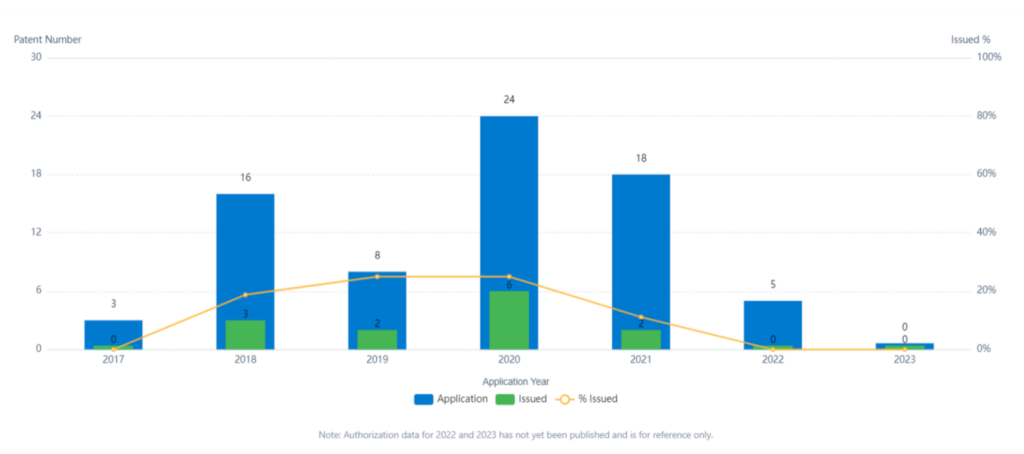
AMP Robotics’ reach extends across continents, with deployments in North America, Asia, and Europe. Its technology enables the recovery of recyclables from municipal collection, precious commodities from electronic scrap, and high-value materials from construction and demolition debris.
4.) FreeWire
FreeWire Technologies is the leading manufacturer of battery-integrated EV charging stations and power solutions in the U.S. The company’s fully-integrated Boost Charger plugs into existing and ubiquitous low-voltage utility service and delivers high-power charging in areas that typically require extensive grid upgrades.
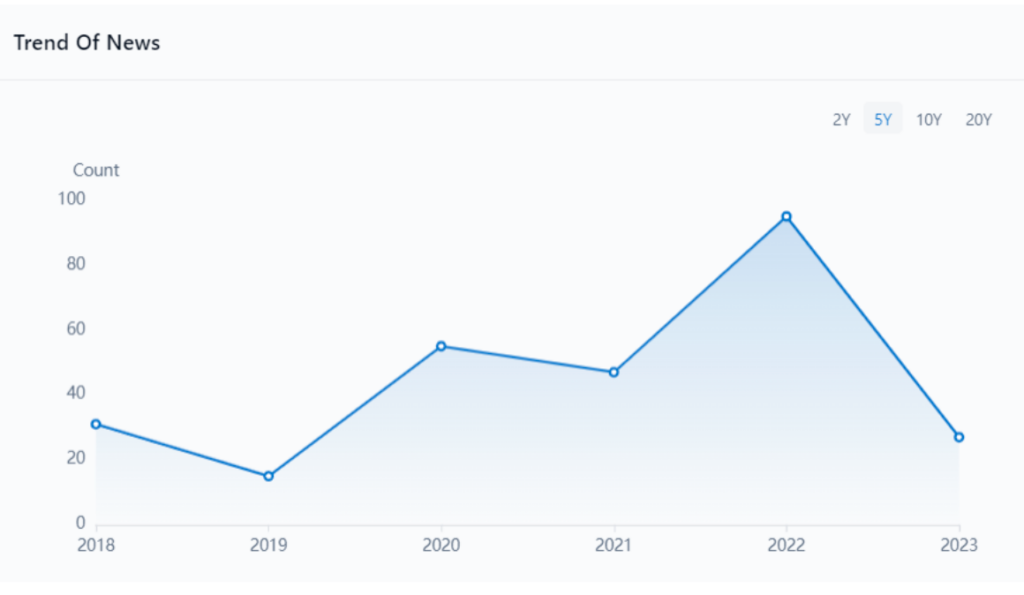
The Boost Charger’s combination of proprietary battery and power conversion technology enables ultrafast EV charging at all locations, freeing customers from the costs of providing fast charging using power directly from the electric grid.
FreeWire has deployed battery-integrated chargers with Fortune 100 companies, commercial customers, fleets, retail locations, and gas stations across the U.S. and has partnered with bp pulse to deploy Boost Charger in its operations across the UK.
5.) H2Pro
H2Pro is at the forefront of hydrogen production technology, innovating with novel methods that include electrochemical processes and thermally activated chemicals for water splitting. Founded in 2019 by Hen Dotan, Gideon Grader, and Avner Rothschild, H2Pro is based in Caesarea, Israel.
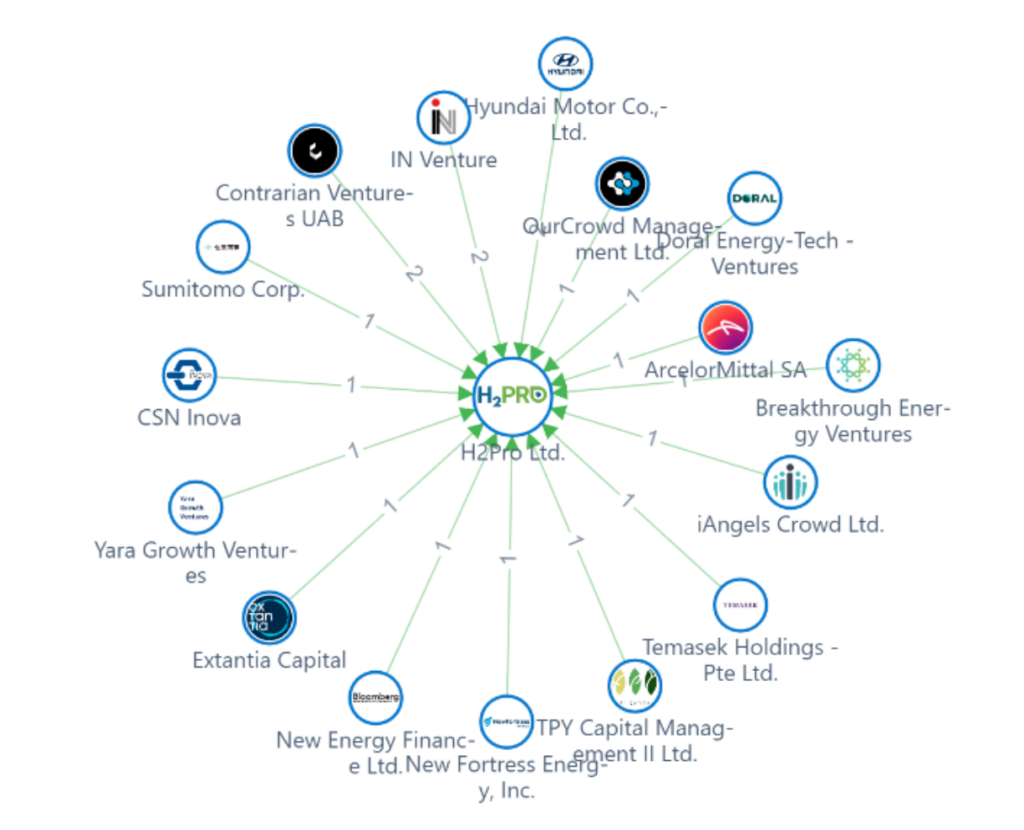
The map above displays leading companies that have either investment or acquisition agreements H2Pro. The figures on the connecting lines denote the total number of deals shared between H2Pro and each respective target company, offering insights into our active presence in the capital market.
H2Pro stands out as a disruptor in the energy sector with its pioneering E-TAC (Electrochemical, Thermally Activated Chemical) technology. While drawing similarities to traditional electrolysis, E-TAC elevates water-splitting techniques by employing a two-phase process: firstly, the Electrochemical (E) step, followed by the Thermally-Activated Chemical (TAC) step. This ensures the independent generation of hydrogen and oxygen, setting it apart from conventional methods.
What’s more, the unique design of E-TAC’s membrane-free electrolytic reactors is optimized for high-pressure hydrogen generation and offers the potential for economical scalability. The efficiency with which it produces green hydrogen is noteworthy, as it achieves an energy efficiency of 98.7%HHV at the cellular level and an overall system efficiency of 95%. H2Pro’s E-TAC solidifies the company’s position as a leader in sustainable energy solutions.
